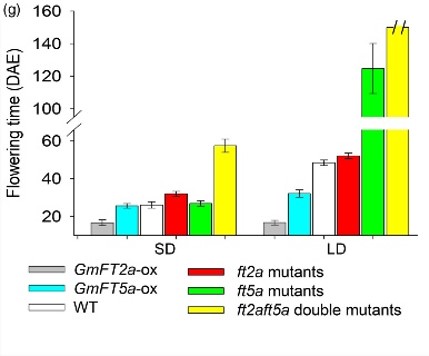
GmFT2a and GmFT5a collectively controls flowering of soybean (Plant Biotech. J)
Plant Science Research WeeklySoybean [Glycine max (L.) Merr.] is a globally important high-protein crop, whose breeding is an ongoing, important objective for plant biologists. Since soybean is a short-day plant, controlling flowering time is a key step to influence its adaptation to diverse latitudes and farming system. Recently,…
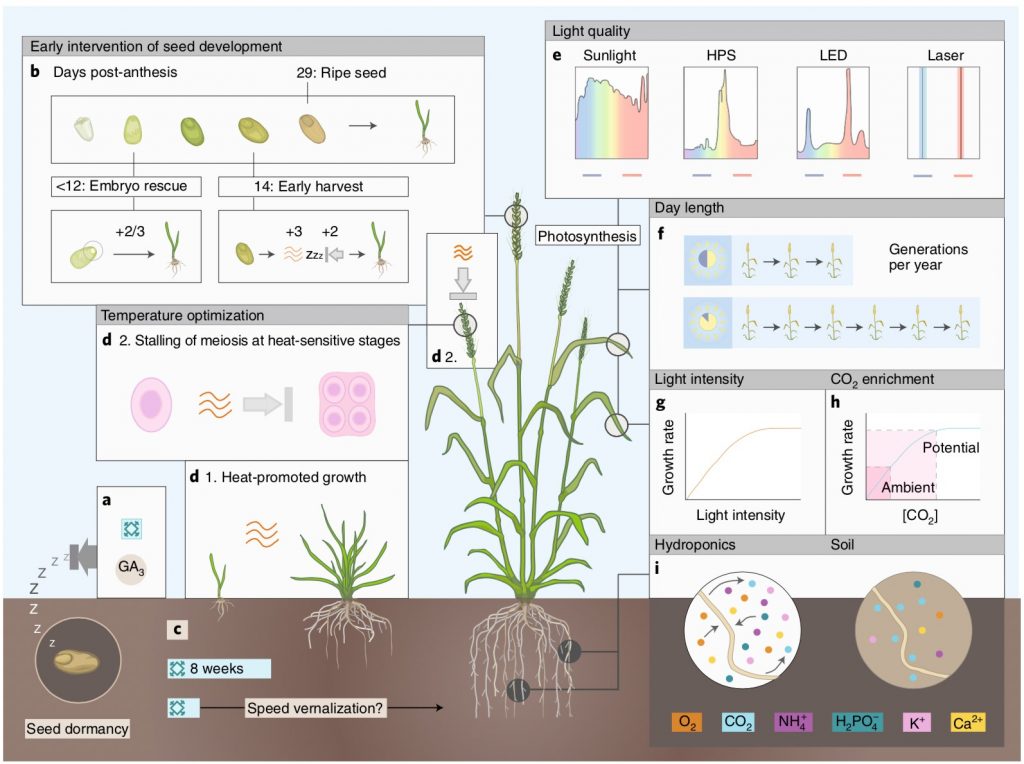
Review: Crop breeding technologies to feed the world (Nature Biotech)
Plant Science Research WeeklyThe world demands food, plant scientists and breeders have the challenge of feeding a growing population. In a recent review Hickey et al. summarize the state-of-the-art technologies used for crop improvement. In use since 2003, ‘speed breeding’ is a set of improved methods for fast-tracking plant…
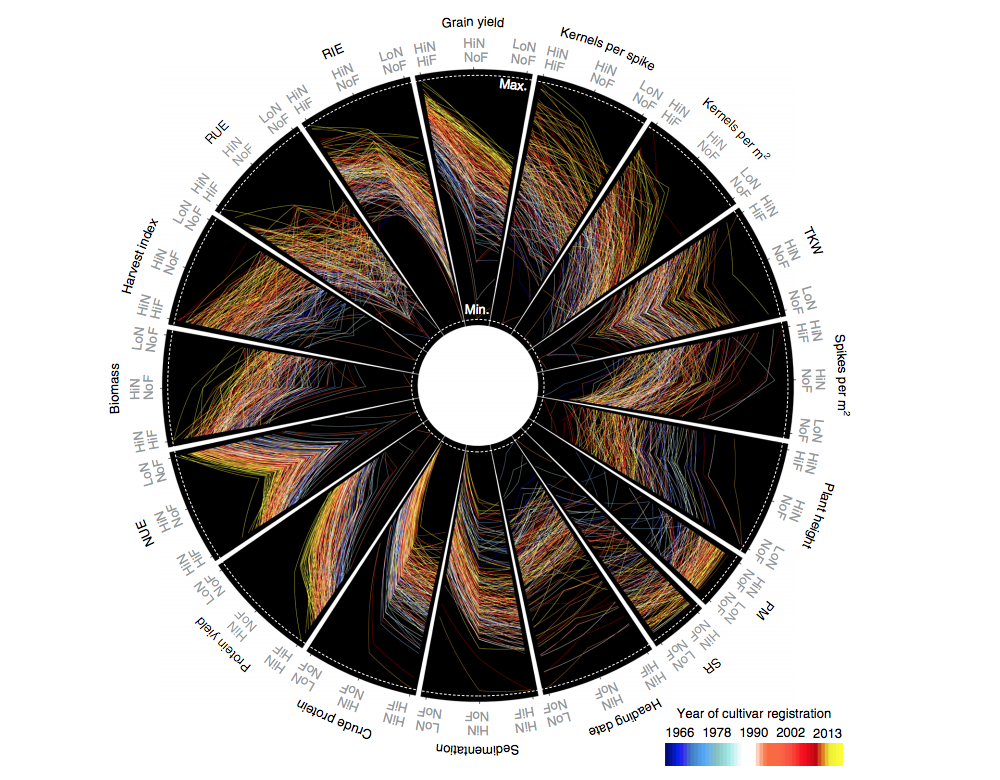
Breeding improves wheat productivity under contrasting agrochemical input levels (Nature Biotech.)
Plant Science Research WeeklyWheat breeding programs are releasing new cultivars almost every year for improved yield potential. But is this intensive breeding not compromising the plant performance under adverse environmental conditions? Voss-Fels et al. studied the elite cultivars of winter wheat released during the last 50 years,…

Genomic regions associated with economic traits in walnut (Plant Breeding)
Plant Science Research WeeklyThe bearing habit refers to the location of flower buds in woody plants. For walnut cultivars, lateral bearing is preferred for its yield superiority. Deciphering its genetic architecture would improve seedling and sapling selection. Here, Aradhya et al. performed a SNP-based linkage map to estimate…
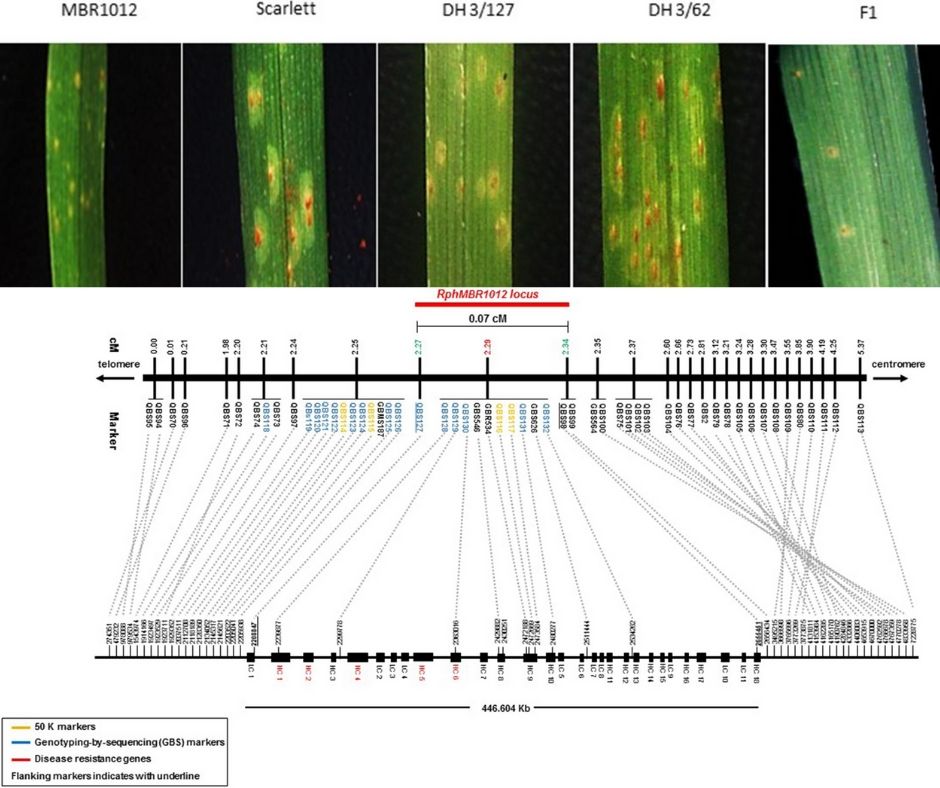
High resolution mapping of RphMBR1012 conferring resistance to Puccinia hordei in barley (Front Plant Sci)
Plant Science Research WeeklyBarley leaf rust (Puccinia hordei) is a biotrophic fungus, in which mutations cause newly virulent races (pathothypes) with severe effects on cultivars. Marker-assisted Selection for Rph (Resistance to P. hordei) genes has been studied to provide sustainable control of this disease. Fazlikhani et al.…
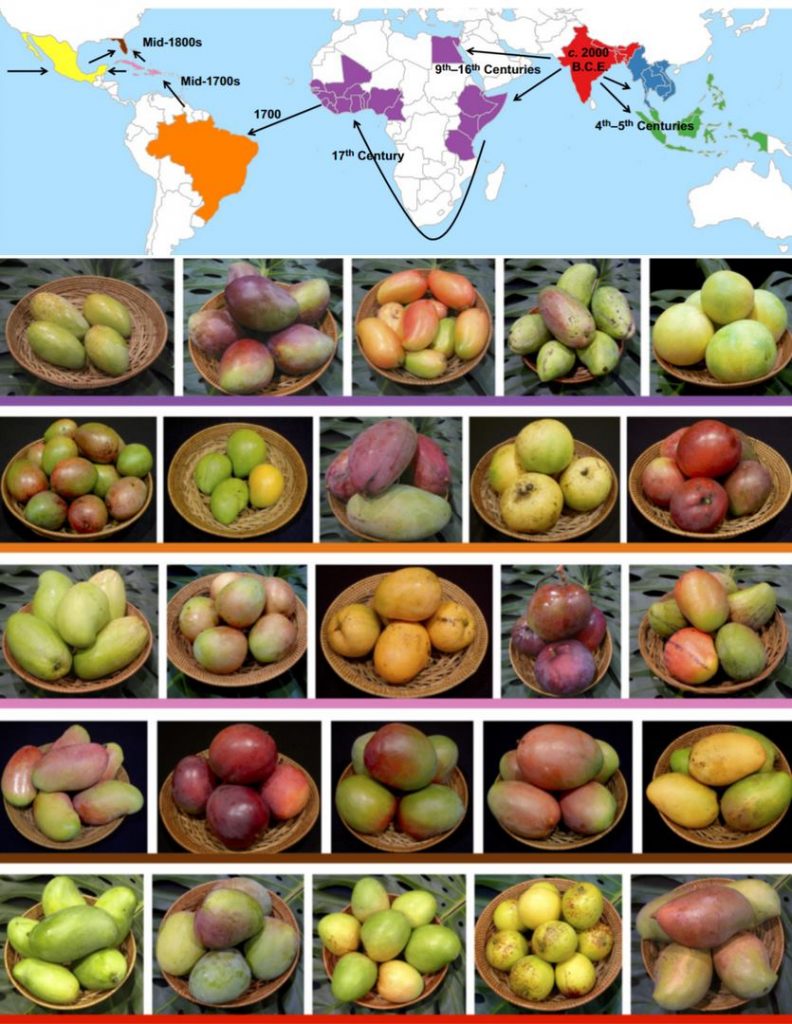
Population genomic analysis of mango suggests a complex history of domestication ($) (New Phytol)
Plant Science Research WeeklyMango trees have been cultivated for approximately 4000 years which places their domestication in the same timeline as that of walnut, peach, sweet orange, lychee, citron, sweet orange, lemon, and jujube. Throughout the process of domestication, most crops undergo severe bottlenecks which decrease genetic…
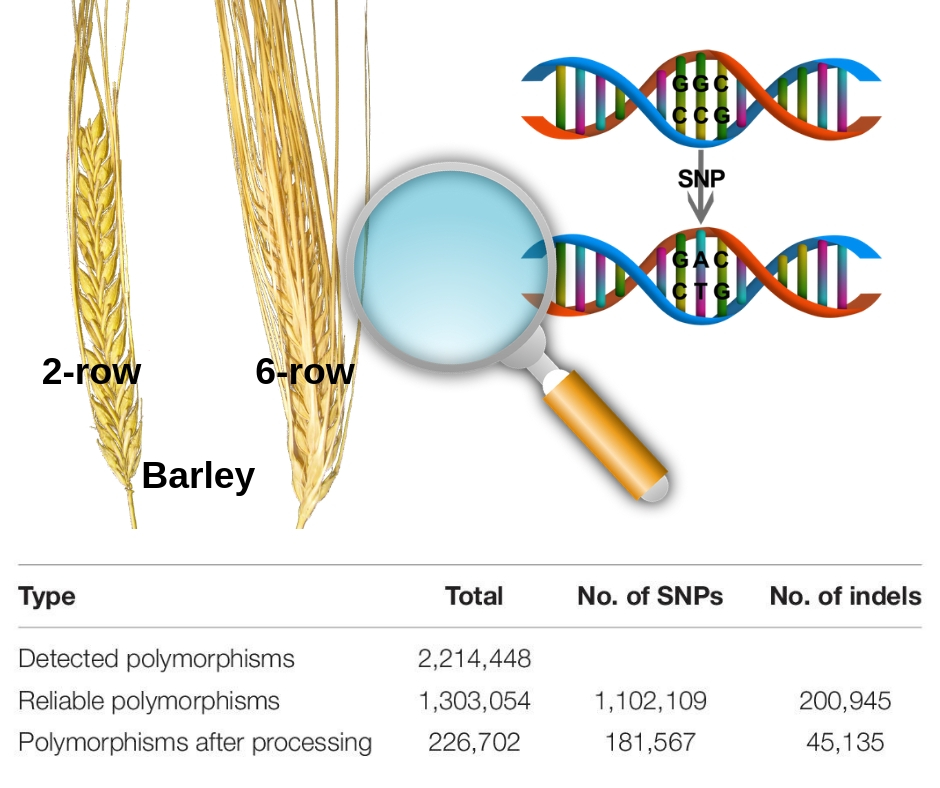
Development of genome-wide SNP markers for barley via reference- based RNA-Seq Analysis (Front Plant Sci)
Plant Science Research WeeklyThe availability of marker-assisted systems is key for crop improvement, allowing trait selection by identifying consensus polymorphisms. However, for discriminating between related strains, these DNA markers are limited, time-consuming and expensive. Here, Tanaka et al. developed a RNA-Seq-based genotyping…
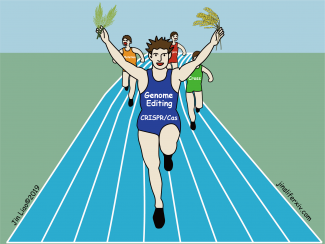
Review: CRISPR/Cas genome editing and precision plant breeding in agriculture (Annu Rev Plant Biol) ($)
Plant Science Research WeeklyTo fulfill global food demand in the near future, plant researchers keep pursuing simpler and faster crop breeding strategies. CRISPR/Cas systems have been developed as a powerful tool for plant genome editing. In this review, Chen et al. highlight in detail advances in CRISPR/Cas9 and its variants and…
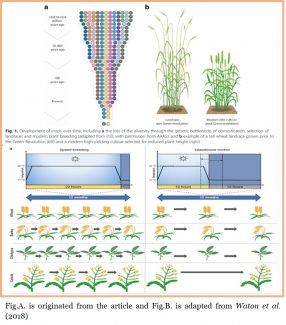
Q&A: Modern crop breeding for future food security (BMC Biology)
Plant Science Research WeeklyThe demand for plant-based products will increase and must be doubled in the near future. Therefore, there is need for technological advancements and skillsets in all fields related to agriculture to successfully produce more efficiently than now. What could be done to speed up production to meet the…

